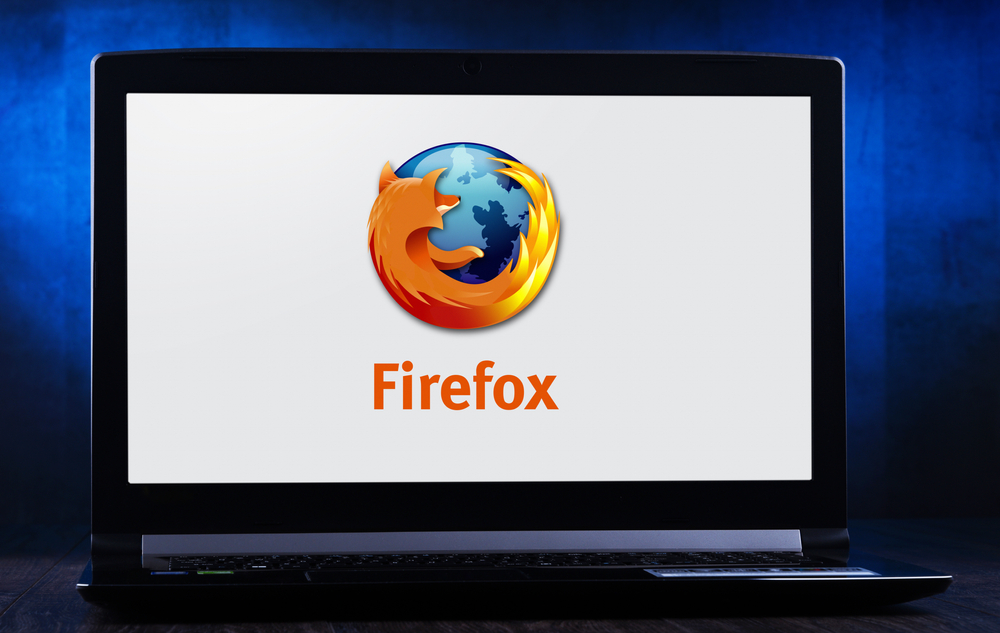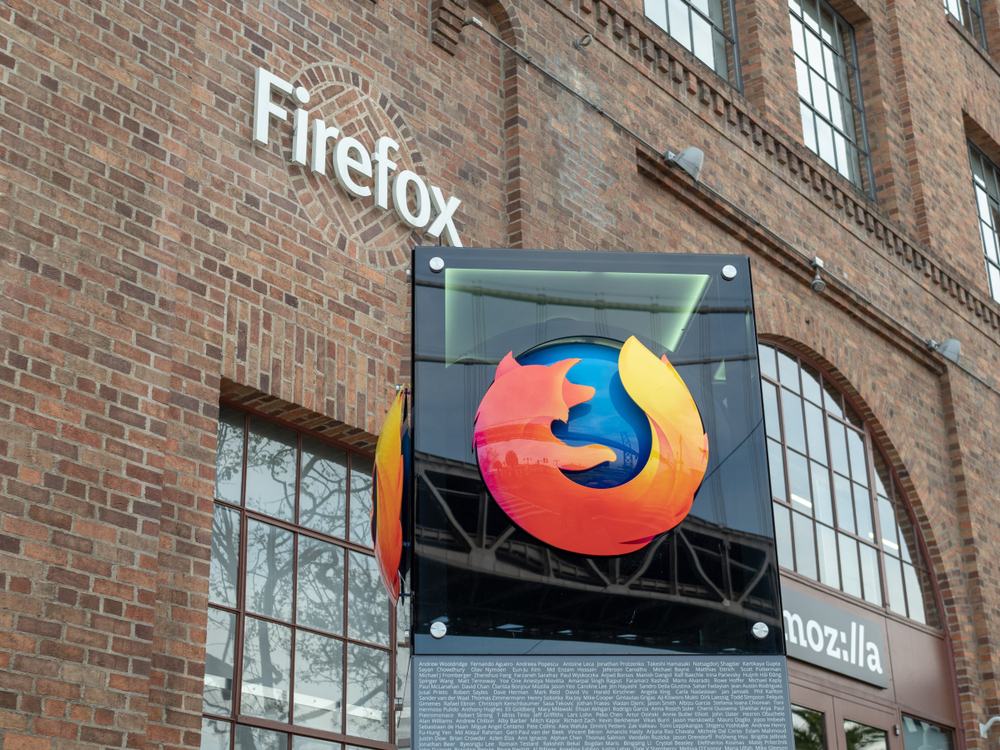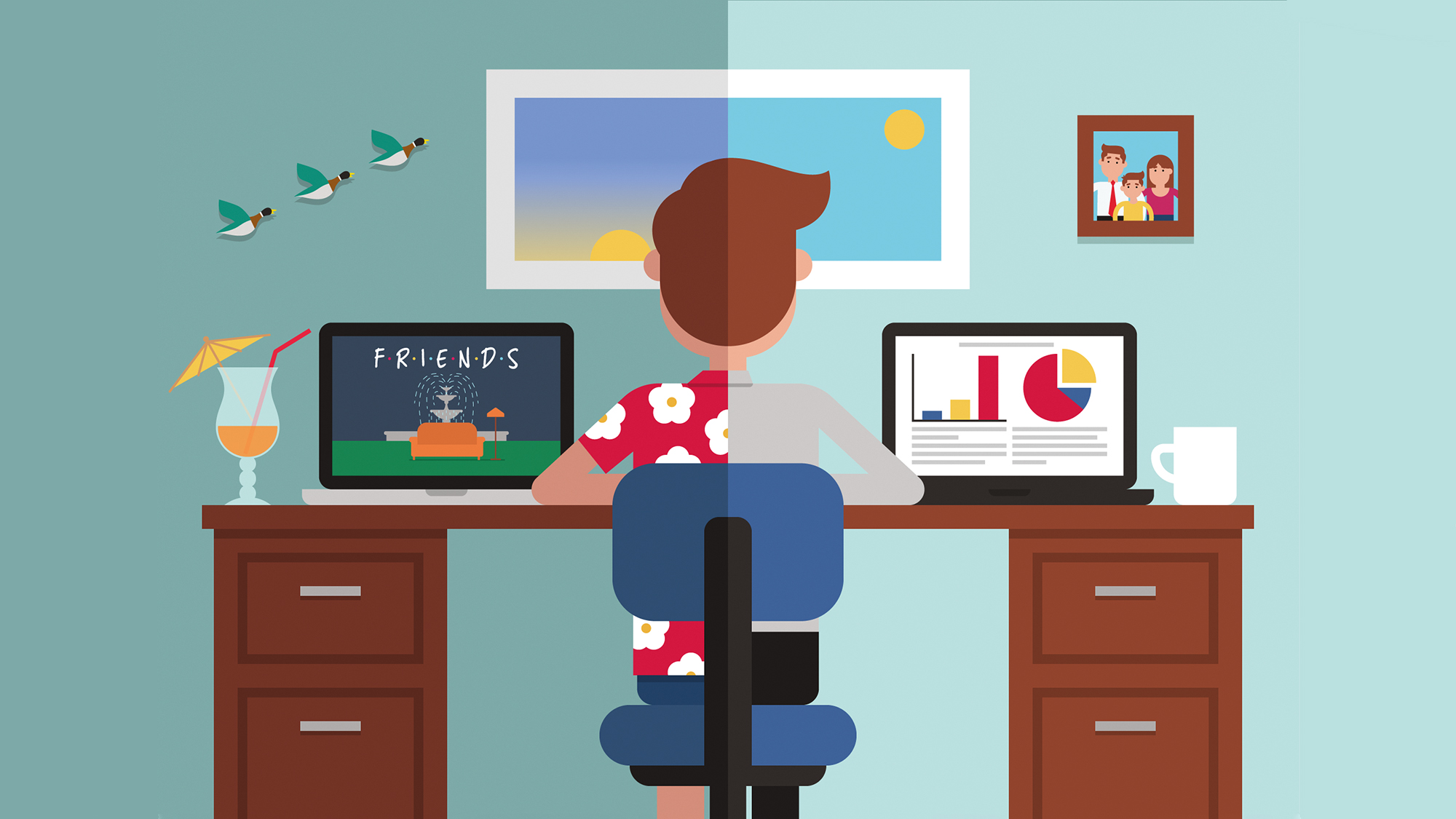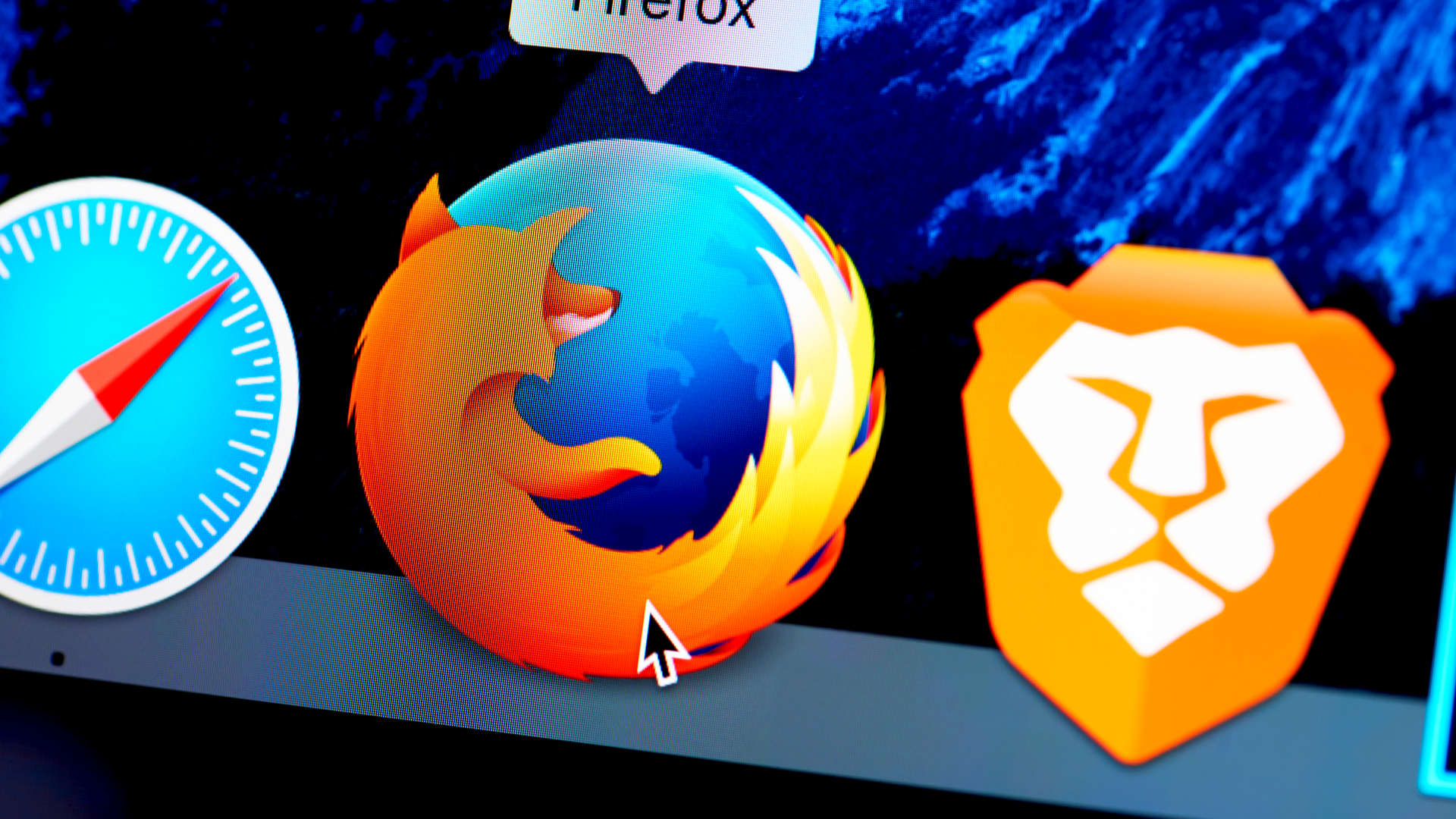Q&A: Mozilla's Tristan Nitot
Mozilla hasn't just improved Firefox, but pushed the 'other' browsers to up their game, according to Tristan Nitot.


There are a bunch of reasons and they differ from country to country. In Germany, for example, they are very privacy and security focused and cannot stand mediocre engineering. There is a search for technical and engineering excellence. [In terms of other reasons] it's whether open source is well understood, whether it reflects well with the values of society and whether they have a habit of a Microsoft monopoly. In the UK, you're used to Microsoft selling everything [so] you have forgotten what choice is.
You recently released Firefox 3. This awesome bar' you've developed is it really that awesome?
Frankly you have to experience it yourself! I guess people will enjoy it more and more and when, for example, they have to use someone else's browser, they will start freaking out and understanding how powerful and useful this awesome' bar is.
The way it works is we store your browsing/navigation history [the past 90 days] and your bookmarks in a big database because we have seen in many, many cases that what you are going to visit is a place you have visited before. For example, I showed you a graph about market share. I know I have visited this place before but I don't remember the exact address, so I just type market' and it knows because I tagged it. The [term] awesome' didn't come from marketing, it came from the community.
The download day' was clearly a massive success. How do you feel about that and has the momentum continued?
Download numbers on download day' exceeded our wildest dreams. We received less than two million downloads for Firefox 2, so we expected something between three to five million downloads, and we hit more than eight million for Firefox 3! The momentum did continue, and we had more than 28 million downloads in the first 15 days.
Are there any longer-term download targets for Firefox 3?
Get the ITPro daily newsletter
Sign up today and you will receive a free copy of our Future Focus 2025 report - the leading guidance on AI, cybersecurity and other IT challenges as per 700+ senior executives
There is no specific goal but what's important is to let people know that they have a choice in terms of browsers, and that the browser is an important part of their internet experience. Another important part of our mission is to make sure that we have significant market share, in order to influence the market and push Microsoft to invest again in its browser, so that the web can keep moving forward with better browsers.
You recently released the first update to Firefox 3. Is it usual to have an update so soon after release?
We generally release maintenance versions of Firefox every four to eight weeks to make sure that our users are safe and that Firefox is getting more and more stable. Firefox 3.0.1 is part of this process.
How is the rest of the Mozilla product family and what can we expect in terms of development here?
Mozilla has many projects under its wings. Some are community-led, such as Camino (a small and fast browser for the Mac) and SeaMonkey (an internet suite including a browser, e-mail client and a web page editor). Some other projects get more attention such as Thunderbird, Fennec and Weave.
Thunderbird is our mail client, and version three is on its way - the first Alpha version was released last May - based on the engine used for Firefox 3.
Fennec is the codename for what will be called Mobile Firefox. It's still at a very early stage (version 0.4) and it's far from stable, but it's already very promising.
Finally, Weave is very different because it's a service, running on a server. Its goal is to enable people to save their user profile (bookmarks, browsing history, cookies, extensions, themes, saved password, etc.) encrypted on a server in order to share this between several instances of Firefox. For example, one could bookmark a web page on his/her desktop at the office and retrieve it at home on a laptop or even on a mobile phone when Fennec will be released. Of course, this data is private and would be stored encrypted, so that only the user can access it.
You've clearly got a lot to keep you busy. Do you foresee any challenges ahead?
We are already working on the next version of Firefox. It's too early to say what's going to be in it but one of the big challenges is the next generation of web applications. Our vision is that the web is wonderful and powerful because it is open. With open source technology you can improve it because you have the blueprints. If you don't have that blueprint, you're depending on a company to provide you with the fixes you need in order to evolve your product. Our biggest challenge is to take the web to this next level but still remain open.
Maggie has been a journalist since 1999, starting her career as an editorial assistant on then-weekly magazine Computing, before working her way up to senior reporter level. In 2006, just weeks before ITPro was launched, Maggie joined Dennis Publishing as a reporter. Having worked her way up to editor of ITPro, she was appointed group editor of CloudPro and ITPro in April 2012. She became the editorial director and took responsibility for ChannelPro, in 2016.
Her areas of particular interest, aside from cloud, include management and C-level issues, the business value of technology, green and environmental issues and careers to name but a few.
-
 Confusion as MITRE CVE meets federal contract expiry
Confusion as MITRE CVE meets federal contract expiryNews The cyber database is invaluable to security teams the world over, helping flag the most urgent vulnerabilities
By Rory Bathgate
-
 AI-first partnerships: Unlocking scalable growth for business
AI-first partnerships: Unlocking scalable growth for businessChannel partners play a vital role in facilitating AI adoption, but there's more to offering support than simple integration
By Neil Sawyer
-
 Spanish spyware outfit uncovered, develops exploits for Windows, Chrome, and Firefox
Spanish spyware outfit uncovered, develops exploits for Windows, Chrome, and FirefoxNews Google was only able to discover the company after an anonymous submission was made to its Chrome bug reporting programme
By Zach Marzouk
-
 Firefox 95 boosts protection against zero-day attacks
Firefox 95 boosts protection against zero-day attacksNews Mozilla's browser now takes a more granular approach to walling off code
By Danny Bradbury
-
 Mozilla to end support for Firefox Lockwise password manager
Mozilla to end support for Firefox Lockwise password managerNews Replacement service already lined up as browser specialist continues to streamline business
By Bobby Hellard
-
 Firefox available on Microsoft Store for first time
Firefox available on Microsoft Store for first timeNews Gecko-based browser arrives after Microsoft removes restrictions
By Danny Bradbury
-
 Mozilla to cut 250 jobs as part of major coronavirus restructure
Mozilla to cut 250 jobs as part of major coronavirus restructureNews The reorganisation has been made so the company can become faster, more innovative, and find more revenue streams
By Keumars Afifi-Sabet
-
 Why I’m leading a browser double life
Why I’m leading a browser double lifeOpinion There are benefits to using more than one browser
By Barry Collins
-
 Mozilla re-hires veteran Mitchell Baker to serve as CEO
Mozilla re-hires veteran Mitchell Baker to serve as CEONews The interim chair and CEO formally rejoins the organisation after Chris Beard stepped down in December 2019
By Keumars Afifi-Sabet
-
 Mozilla fixes two Firefox zero-days being actively exploited
Mozilla fixes two Firefox zero-days being actively exploitedNews Critical vulnerabilities allow attackers to execute arbitrary code or trigger crashes
By Carly Page